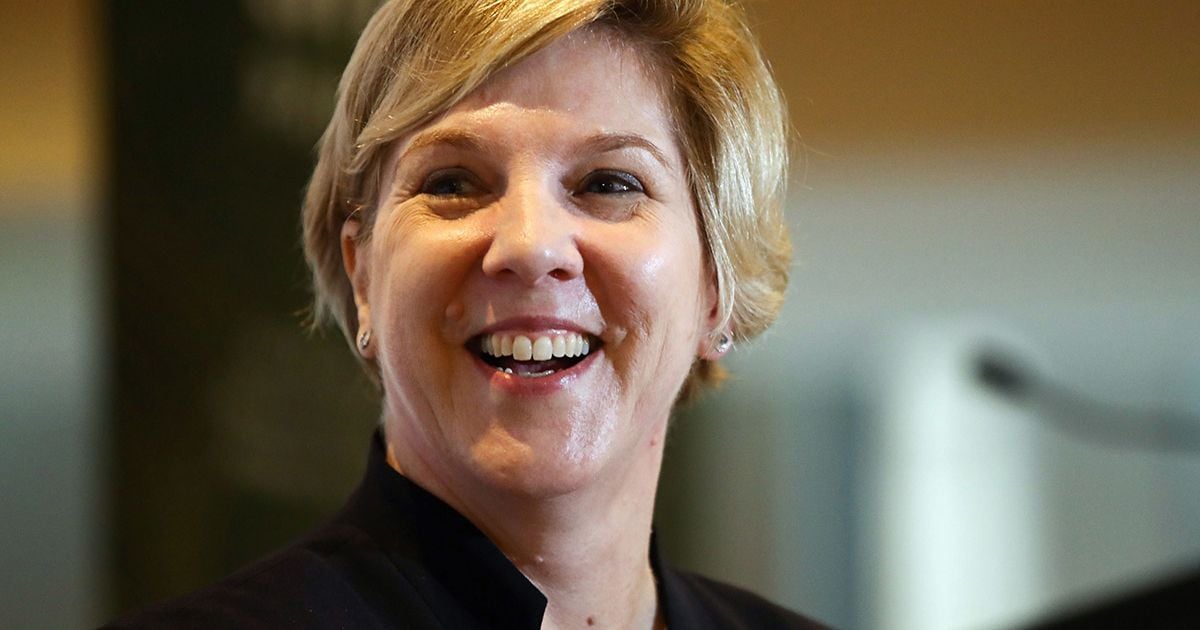
SAN FRANCISCO — The board chair of Tesla Inc. defended CEO Elon Musk in a securities fraud trial on Friday, telling jurors that she would have quit as a director if she had thought Musk lied by tweeting in 2018 that he had “funding secured” to take Tesla private.
Tesla Chair Robyn Denholm is a defendant in the lawsuit alongside Musk, Tesla and other directors. Investors allege they lost billions of dollars because of Musk’s Aug. 7, 2018, tweets that he had “funding secured” and “investor support confirmed” to take Tesla private at $420 per share, which was a premium of about 23 percent to the prior day’s close.
Tesla’s stock initially surged and then fell as it became clear that the buyout would not happen.
At the time of the tweets, Denholm led Tesla’s audit committee, which oversees company controls meant to ensure compliance with securities law.
She took the stand for around 30 minutes on Friday, saying that she would have quit if she had thought the tweets contained false information.
“If I believed that Elon was trying to mislead the public I would have stood down from the board,” she said.
Denholm took over as board chair after Musk agreed to relinquish the role in 2018 as part of a settlement with the U.S. Securities and Exchange Commission, which alleged the tweets were fraudulent.
He and Tesla also paid $40 million in penalties to settle the allegations. They did not admit wrongdoing.
Denholm said that as the potential buyer, Musk was free to tweet about the deal.
“Because he was tweeting on behalf of himself, the policy doesn’t apply,” Denholm said, referring to a Tesla policy requiring disclosures by insiders to be vetted by the company ahead of time.
Musk told the jury earlier this week he could have financed the potential deal from existing Tesla investors as well as a Saudi wealth fund.
“Funding was absolutely not an issue,” Musk told the jury. “It was quite the opposite.”
Musk, however, acknowledged he did not have binding agreements with investors for specified amounts, leaving it to the jury to decide if he misled shareholders.
Egon Durban, the co-CEO of private equity firm Silver Lake, testified earlier on Friday that he had advised Musk on the going-private proposal, but that there were uncertainties as to whether the transaction could proceed.
There was no written commitment by investors despite their interest, he said.
Dan Dees, a banker at Goldman Sachs GS.N, also testified on Friday. The “funding secured” tweet came as a surprise to him, as Goldman, which had long worked with Tesla, was not involved in the deal.
A jury of nine will decide whether Musk artificially inflated the company’s share price by touting the buyout’s prospects, and if so, by how much.
The buyout deal never came together because investors, particularly retail shareholders, expressed their interest in keeping the company public, according to testimony by Musk.
The trial is scheduled to resume on Tuesday.